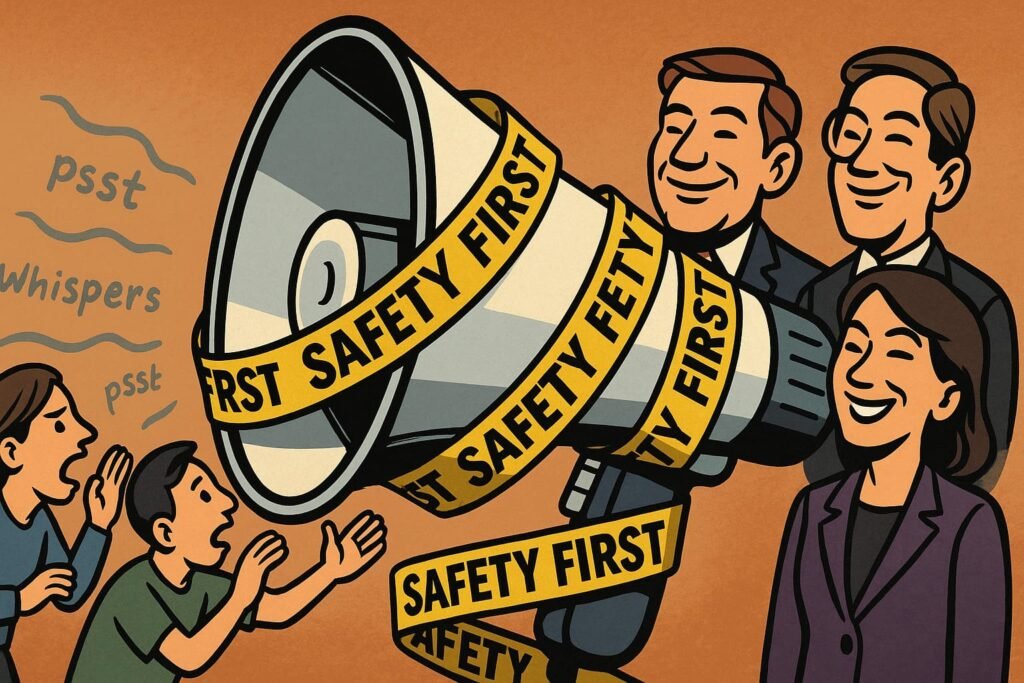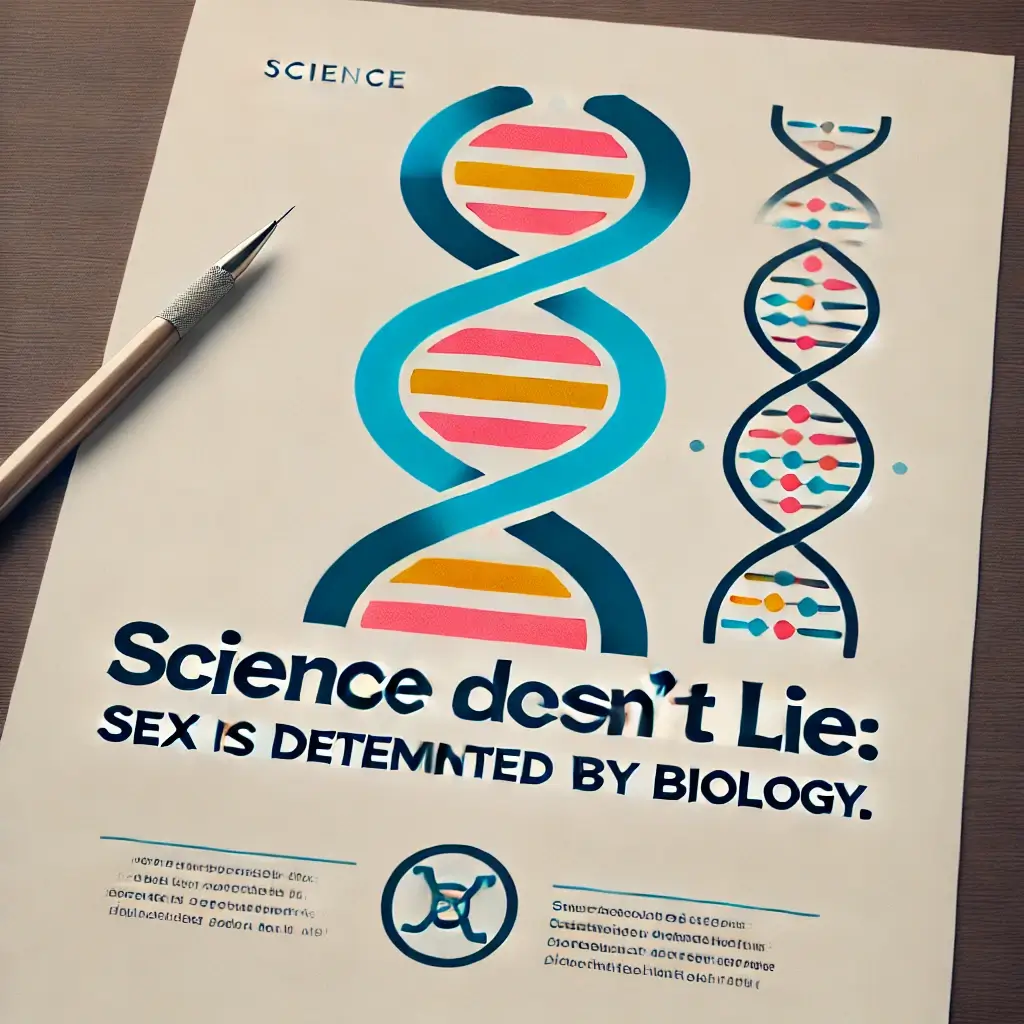Free Speech & Regulation – The Disappearing Right
Free speech used to be simple: you could say what you thought, and others could disagree. Today, it’s a minefield. Speech is regulated not just by governments, but by corporations, universities, and online platforms.
The language is always the same: safety, inclusivity, harm reduction. But behind the soft words lies a hard reality: more rules, more censorship, less freedom. Free speech is no longer a right — it’s a permission slip, granted only if your views match the approved script.
Table of contents
The New Speech Police
Traditionally, free speech was restricted only in extreme cases — threats, incitement, defamation. Now, the net has widened. Words once seen as opinions are reclassified as “harm.”
- Say the wrong thing online? Deplatformed.
- Question the narrative at work? Reported to HR.
- Express an unpopular view at university? Disinvited.
The state doesn’t always need to censor — corporations and institutions do the job for them.
Regulation as Control
Governments around the world are rewriting speech laws, especially for the digital age. Under the banner of fighting “hate speech” or “misinformation,” they expand their power to decide what can be said.
This creates a cosy arrangement: governments set vague rules, Big Tech enforces them, and ordinary citizens are caught in the middle. The line between protection and control becomes blurred — usually in favour of control.
The Corporate Filter
Platforms like Facebook, YouTube, and X have become the new public square. Yet they are privately owned, which means they can dictate the rules. Algorithms bury dissent, fact-checkers enforce orthodoxy, and controversial voices vanish overnight.
Free speech in the digital age isn’t free. It’s filtered through terms of service agreements written in Silicon Valley boardrooms.
Who Benefits?
- Governments, who outsource censorship to private companies.
- Corporations, who protect brands by sanitising public discourse.
- Media, who face less competition when dissenting voices disappear.
The losers are citizens, whose ability to challenge power is shrinking with every new rule.
Why It Matters
Without free speech, democracy withers. If only approved ideas can be voiced, then power never gets questioned. Regulation, framed as safety, risks becoming the death of open debate.
Conclusion
Free speech isn’t being outlawed outright — it’s being strangled slowly by regulation, algorithms, and fear. The right to speak freely has been replaced by the right to speak carefully, within limits set by elites.
The next time you hear about new “online safety” rules, ask: is this about protection, or is it about control?
Reader-Friendly FAQ Section
How is free speech being restricted today?
Through new regulations, corporate censorship, and speech codes in workplaces and universities.
Why are speech regulations controversial?
Because they often blur the line between protecting people from harm and silencing dissenting opinions.
What role do corporations play in censorship?
Social media and online platforms filter speech through algorithms, bans, and terms of service.
Who benefits from restricting free speech?
Governments, corporations, and media — not ordinary citizens, who lose their voice in public debate.



